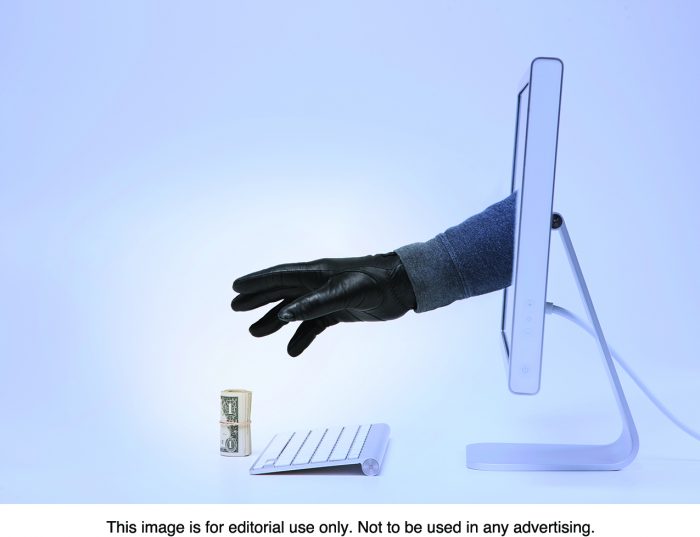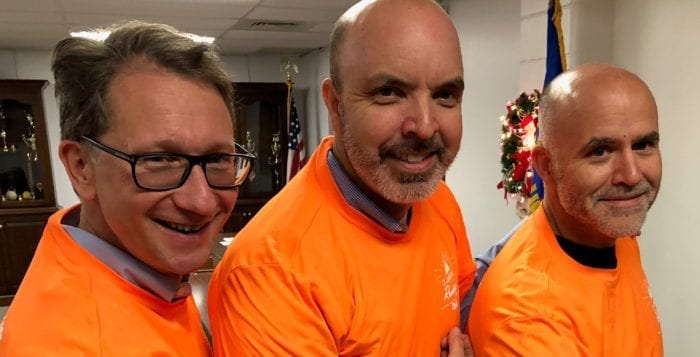By Britt Burner Esq.

The holiday season is upon us! Year-end often brings questions of gifting, whether it be to charity or to family and friends. Gifting can be gratifying and can also provide an income tax benefit as the year comes to a close. State and federal governments handle gifting differently, making it even more confusing and difficult to navigate.
In New York State, there is no tax imposed on gifts made during your life. However, if you do not live for three years beyond that gift, the amount given will be added back into your estate upon your death when determining if an estate tax is owed. The estate tax exemption in New York is $6.94 million in 2024. So if a person dies in 2024 and had given a gifts for the three preceding years, these would be added together with the other assets they owned at the time of death to see if they are beyond that number. Staying under the New York exemption is critical because estates that go 5% beyond the exemption will be taxed on the entire amount, this is referred to as a “cliff.”
The federal government operates under a different scheme when calculating gift taxes. In 2024, you can give $18,000 per year, per person with no implications or filings required. Gifts to a single person beyond that trigger a gift tax return filing and the amounts will be applied toward your individual lifetime exemption, currently $13.61 million. This means that if your total estate is under that amount when you add together taxable gifts made during life and transfers at death, there will never be a gift or inheritance tax imposed by the federal government. For individuals with estates above the threshold, individualized planning should be considered to minimize or eliminate estate taxes.
If you are looking to make a charitable donation before the end of the year, there are several ways to accomplish this. One is an outright gift of a set sum of money. This can be done through a one-time or recurring donation to a charitable organization that qualifies as tax exempt under 501(c)(3) of the Internal Revenue Code. Making a gift to your favorite cause can also provide you with an allowable deduction on your annual income tax returns.
Gifting during life can also come in the form of a distribution from a tax deferred retirement account. This gift is a qualified disclaimer and cannot exceed $100,000 in a given year. The amount of the disclaimer counts towards the account owner’s annual required minimum distribution, providing you with an income tax benefit because it will not be counted as taxable income.
Donor advised funds are another useful way to transfer assets to charitable organizations to receive an income tax deduction, all without making an immediate determination on the recipient of the funds. The donor advised fund can be opened with a financial institution and the contribution you make will qualify as a charitable distribution for income tax purposes.
However, rather than giving to a certain charity, you will actually be transferring the assets to an account that can be invested and enjoy tax-free growth. Over time you can make distributions from the fund to qualifying charities in varying dollar amounts as you see fit. The donor advised fund allows you to designate who will be responsible for determining the charities that will benefit from the account after your death.
Understanding the rules and tax implications surrounding gifts to family, friends and individuals is an important first step. In addition to gifting that is made while you are alive, it is also important to engage in estate planning to determine what will occur at your death to ensure your assets are distributed the people and organizations you care about most. If you have not started this process, add estate planning to your list of 2025 resolutions. Happy Holidays!
Britt Burner, Esq. is a Partner at Burner Prudenti Law, P.C. focusing her practice areas on Estate Planning and Elder Law. Burner Prudenti Law, P.C. serves clients from New York City to the east end of Long Island with offices located in East Setauket, Westhampton Beach, Manhattan and East Hampton.






















